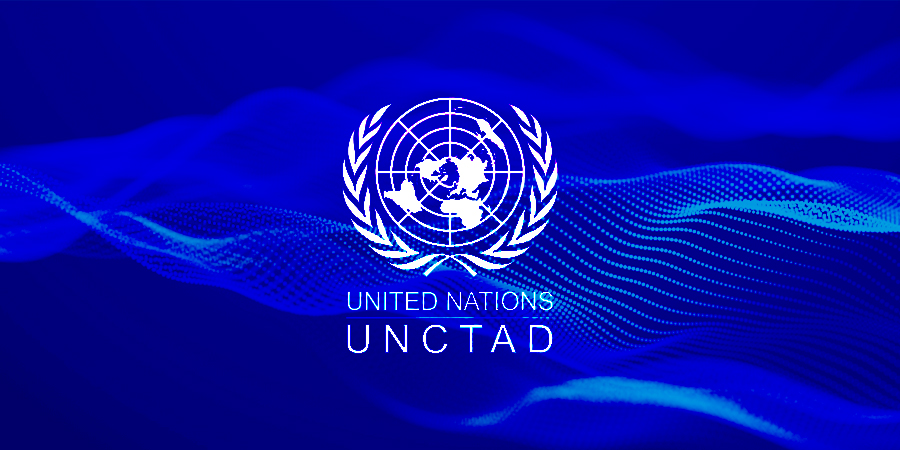The United Nations Conference on Trade and Development (UNCTAD) has recently released its Frontier Technology Index 2023 report, which emphasizes the chances that green innovation — items and services with lower carbon footprints — offers developing countries to promote economic growth and improve technological capabilities. The report aims to provide policymakers with insights into the technological capabilities of different countries and help them identify areas where they can invest to foster growth and development, especially in green industries.
The report evaluates 166 nations' readiness for cutting-edge technologies based on five "building blocks": ICT deployment, skills, research and development (R&D), industrial capacity and finance indicators.
With several nations making significant investments in research and development, Asia has been at the forefront of technical innovation in recent years. The research examines the development and uptake of cutting-edge technology in nations like China, Japan, South Korea and Singapore.
In a statement, UNCTAD said: “Although developing countries are the least prepared to use frontier technologies, several economies in Asia have made important policy changes that have enabled them to perform better than expected according to their gross domestic product (GDP) per capita.”
China, in particular, stands out as a leader in several areas of frontier technology, with the country ranking first in the world in finance, second in industry and ninth in ICT. China has invested heavily in these areas, and its companies are among the most innovative and dynamic in the world.
China's lower-than-expected performance — a dropoff when compared to its abilities to develop and innovate in cutting-edge technology — is mostly caused by differences in broadband speed and internet availability between urban and rural areas.
According to the report, Singapore can be considered the most technologically advanced country in Asia, ranking third globally. The city-state has a strong track record of investing in technology and innovation, which has helped it become a hub for startups and a leader in the field of fintech. Singapore's advanced digital infrastructure and supportive regulatory environment have also contributed to its success.
Other countries in the region that ranked highly in the index include South Korea, which placed 6th globally, and Japan, which placed 19th. Both countries have a long history of technological innovation and have invested heavily in research and development. South Korea, in particular, ranked third globally for its focus on research and development.
For developing countries such as the Philippines, India and Vietnam, the report shows that these countries are performing better than predicted.
The gap between the actual index ranks and the anticipated rankings based on per capita income serves as a gauge of their growth rate. It typically stems from increased infrastructural investment, improved technological capabilities and a favorable business environment.
The Philippines (54 positions better than projected), Viet Nam (44 positions better) and India (67 positions better) round out the top three overperformers.
India is performing well in R&D and ICT. This is due to the fact that they have an abundance of trained and highly skilled human resources that are also reasonably priced. In terms of industry, the Philippines and Vietnam are ranked highly. High amounts of foreign direct investment, notably in the electronics industry, are reflected in this.
Overall, UNCTAD's Frontier Technology Index 2023 offers insightful information about how technologically ready Asian nations are. UNCTAD calls for governments to bridge the green technology gap by establishing uniformity among all international accords on trade, intellectual property and climate change.






